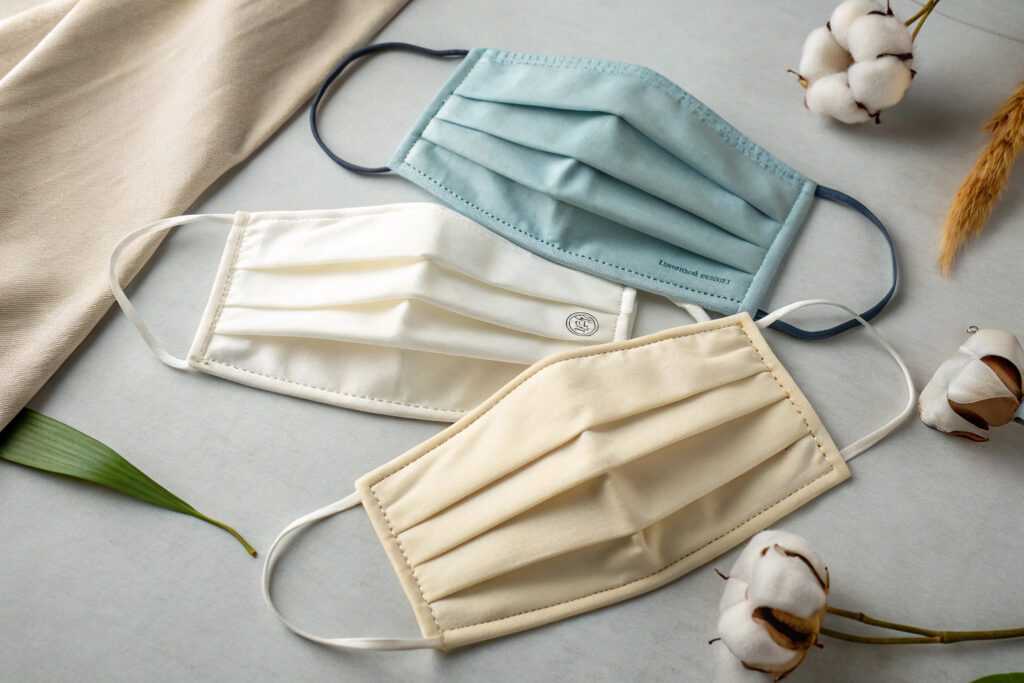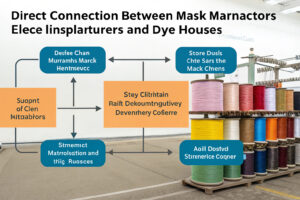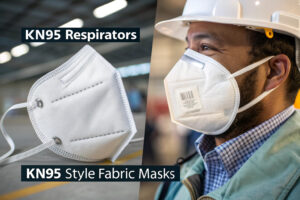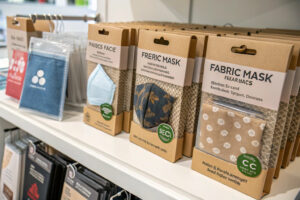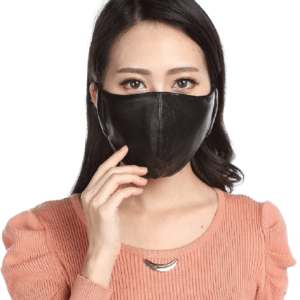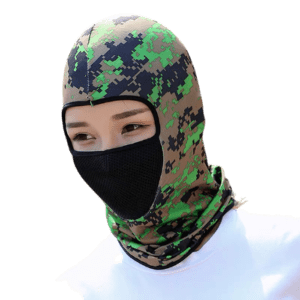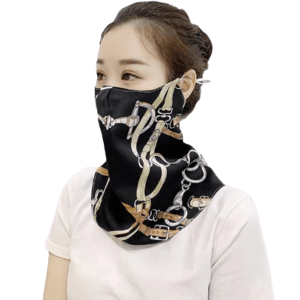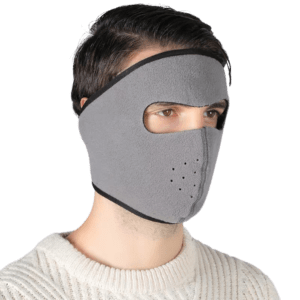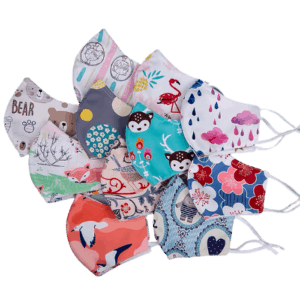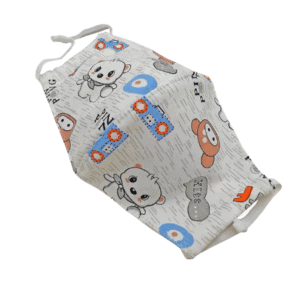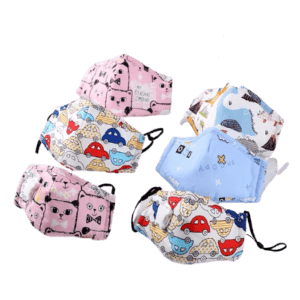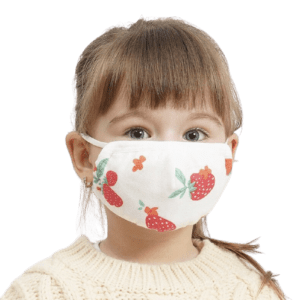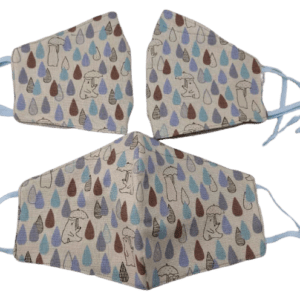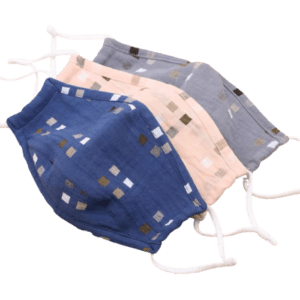Finding the right face mask can be overwhelming, especially if you suffer from sensitive skin. Many people struggle with redness, itching, or even breakouts when wearing masks made from synthetic fibers or poorly designed fabrics. This can make everyday protection feel like a burden rather than a simple safety measure.
The best fabric mask types for sensitive skin are those made from natural, breathable, and hypoallergenic materials such as organic cotton, bamboo blends, silk, and linen. These materials minimize irritation while providing comfort and effective protection.
When choosing the right mask, the fabric’s softness, breathability, and ability to manage moisture all play a critical role. In this article, I will share professional insights as a fabric mask manufacturer in China with more than 10 years of experience. You will discover the most reliable fabric mask options, backed by industry know-how and global buyer preferences.
Organic Cotton Masks for Sensitive Skin
Organic cotton remains one of the most trusted materials for people with sensitive skin. Unlike conventional cotton, organic cotton is cultivated without harsh pesticides or chemicals, making it naturally hypoallergenic and safe for daily wear.
Organic cotton masks are hypoallergenic, soft, and breathable, making them ideal for individuals prone to skin irritation. They can withstand frequent washing while maintaining fabric integrity, ensuring long-lasting comfort and hygiene.
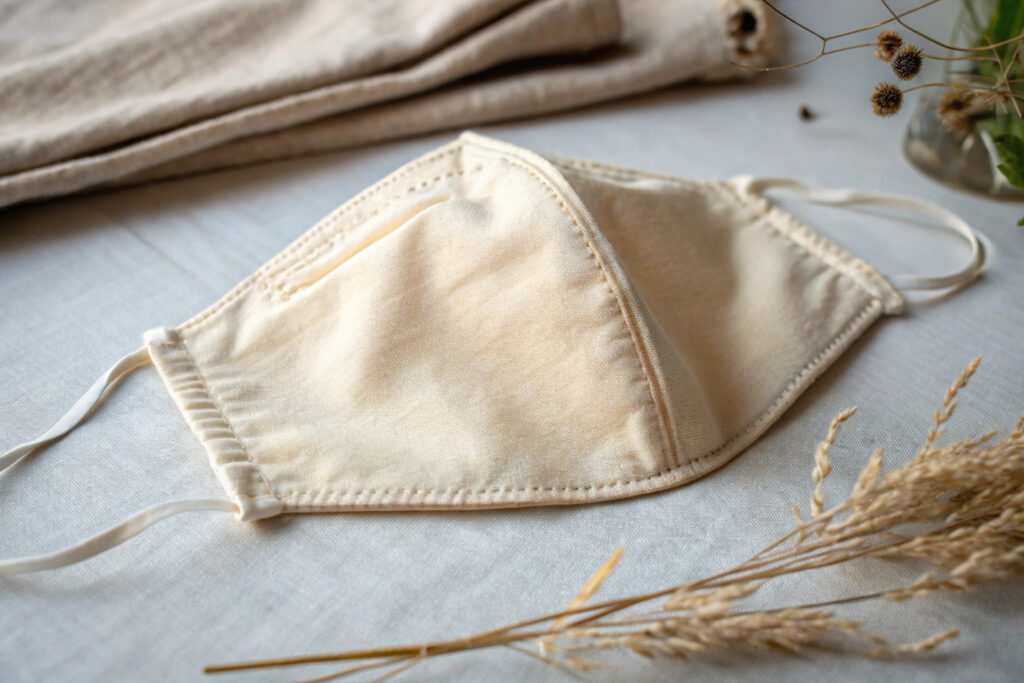
Why choose organic cotton?
Organic cotton fabric is softer because of its longer fibers and chemical-free processing. It allows airflow while absorbing moisture, reducing the risk of breakouts or rashes. According to Knowing Fabric, organic cotton is one of the best hypoallergenic textiles for sensitive skin. Similarly, ZD Fabric emphasizes its gentleness and durability for everyday use.
In my own experience working with buyers from the U.S. and Europe, organic cotton masks are often requested by eco-friendly retailers who want both skin-safety and sustainability.
What types of cotton work best?
Not all cotton is the same. Pima and Supima cotton have extra-long fibers that create a smoother texture, reducing friction against delicate skin. Jersey cotton adds stretch, giving masks a snug but comfortable fit. These cotton varieties are recommended by Sewing Trip for their hypoallergenic properties. Additionally, Glamour notes that high-thread-count cotton is especially good for reducing “maskne.”
Bamboo and Tencel Blend Face Masks?
Bamboo fabric has gained a reputation as a miracle textile for sensitive skin. When blended with Tencel, the result is an ultra-soft, eco-friendly, and high-performance fabric mask option.
Bamboo and Tencel blends are breathable, hypoallergenic, and moisture-wicking, making them excellent for people who experience irritation from heat and humidity.
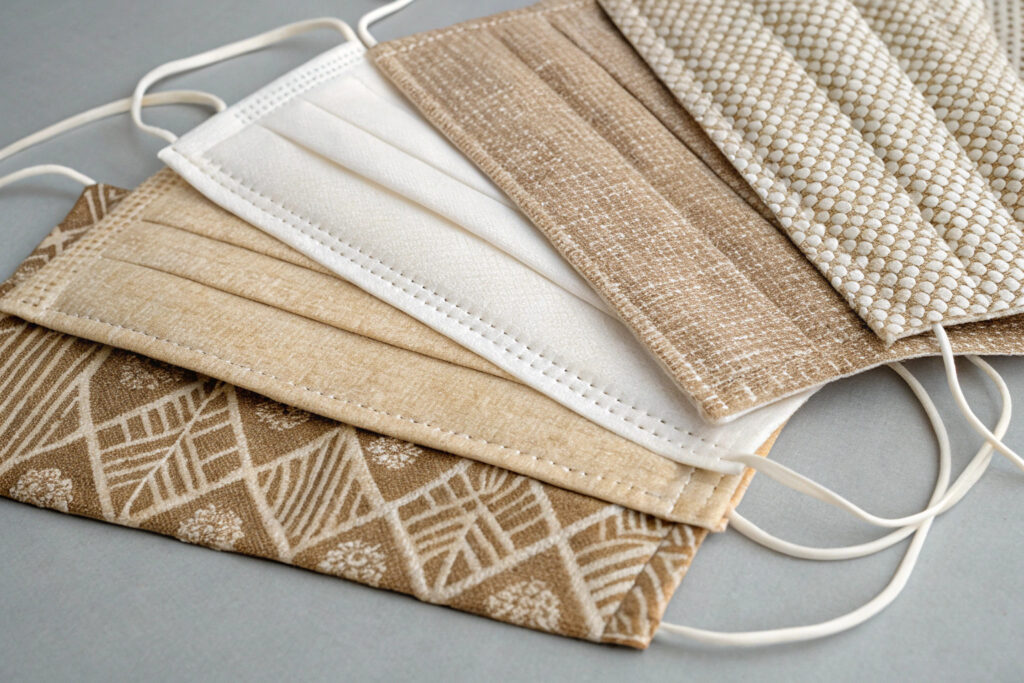
What makes bamboo good for sensitive skin?
Bamboo fiber has natural antibacterial qualities, though scientific results may vary. Its most important features are breathability and moisture control. As Knowing Fabric explains, bamboo prevents sweat from building up, reducing itchiness. A study on Arxiv also highlighted bamboo’s cooling effect, which benefits people prone to eczema.
My U.S. buyer Ron often chooses bamboo-based fabrics because his customers value comfort during summer months when humidity is high.
Why blend with Tencel?
Tencel (also known as Lyocell) is made using a closed-loop production system, making it one of the most sustainable textiles available. It is smooth like silk, but stronger, and it absorbs moisture better than cotton. According to MiliMilu, Tencel is excellent for people who experience eczema flare-ups, because it minimizes skin friction.
When bamboo and Tencel are blended, the result is a mask that feels cool, silky, and breathable—perfect for long wear.
Silk Mask Options for Acne-Prone Skin?
Silk has been celebrated for centuries as a luxury fabric, but it is also one of the best options for people with sensitive or acne-prone skin.
Silk masks reduce friction, prevent “maskne,” and feel extremely gentle against delicate skin.

Why silk suits acne-prone or sensitive skin
Silk is naturally hypoallergenic and smooth. Because it causes less rubbing, it minimizes the risk of redness, irritation, or acne outbreaks. Glamour reports that dermatologists recommend silk for people who suffer from breakouts caused by masks.
In my conversations with European buyers, silk masks are often purchased as premium products for boutique retailers, where design and luxury matter as much as comfort.
Practical considerations
Silk requires delicate care. Masks should be hand-washed in cold water to preserve the fibers. While silk masks provide comfort, they may not be suitable for heavy use in outdoor activities. Instead, they are best for professional or social settings. Mood Fabrics also points out that silk allows temperature regulation, keeping skin cooler than synthetic fibers. Additionally, Kreafolk highlights silk’s natural ability to resist dust mites, another benefit for sensitive users.
Breathable Natural Fabric Masks
One of the most overlooked issues with masks is breathability. People with sensitive skin often react badly to trapped heat and moisture, which can worsen irritation.
Breathable natural fabrics such as linen, cotton, bamboo, and silk help reduce sweat, heat, and irritation, ensuring comfortable wear even for long hours.
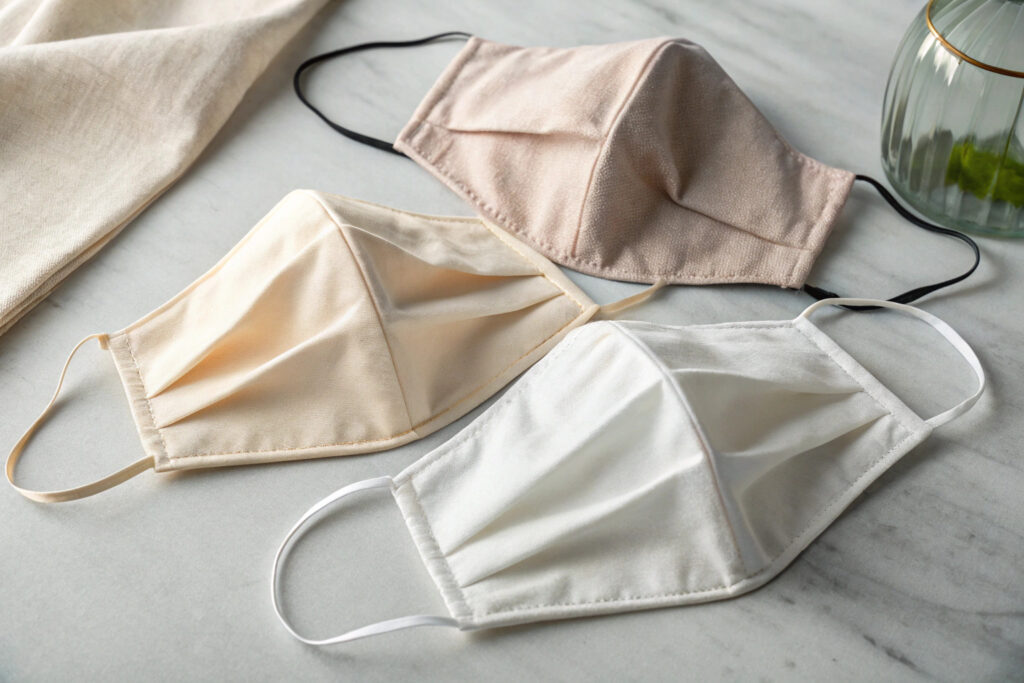
What fabrics offer breathability and comfort?
Linen is one of the most breathable fabrics, and when combined with cotton or bamboo, it creates masks that remain airy yet effective. According to Kreafolk, natural fibers outperform synthetics in skin comfort. Similarly, Knowing Fabric lists linen and bamboo among the best fabrics for reducing skin sensitivity.
In our production line, breathable natural masks are particularly popular with buyers from hot climates such as Southeast Asia and South America.
Avoid synthetics
Synthetic fabrics like polyester, nylon, or rayon tend to trap heat and cause sweating. They may also contain chemical treatments that irritate skin. Sewing Trip advises avoiding polyester for people prone to rashes. Similarly, Mood Fabrics notes that polyester often lacks breathability compared to cotton or silk.
Conclusion
The best fabric masks for sensitive skin are made from natural, hypoallergenic, and breathable fibers. Organic cotton, bamboo-Tencel blends, silk, and linen each offer unique benefits, from softness and moisture control to luxury comfort and eco-friendly production. For customers who want masks that protect skin health while also delivering style and durability, these fabrics are the safest and most reliable choice.
If you want to create your own line of premium, skin-friendly fabric masks with trusted quality control and global export solutions, I invite you to partner with us at Shanghai Fumao. Please connect with our Business Director, Elaine, at elaine@fumaoclothing.com to discuss your custom fabric mask needs.

